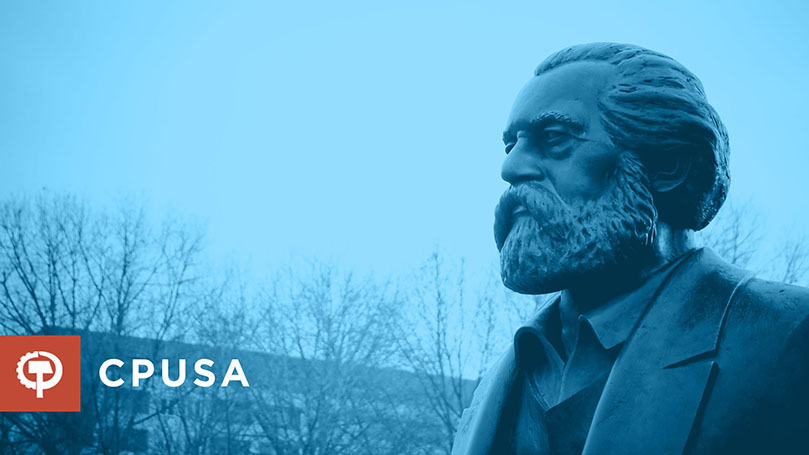
In honor of a CPUSA delegation’s visit to China, this Marxist IQ is dedicated to the Chinese Revolution and the ongoing process of development under the leadership of the Communist Party.
1. The People’s Republic of China today is committed to:
(a) de-emphasizing the role of the state and transitioning to a capitalist society;
(b) advancing a ‘cultural revolution’ to reshape Chinese society:
(c) developing a socialist market economy with Chinese characteristics;
(d) all of the above.
2. Since the establishment of the Peoples Republic of China, the Chinese Revolution has gone through a number of phases. Which of the following was not a phase of the Chinese revolution
(a) The Great Leap Forward;
( b) The New Covenant;
(c) The Modernization program for Industry and Agriculture;
(d) The Great Proletarian Cultural Revolution.
3. Donald Trump has imposed or threatened to impose tariffs on $500 billion worth of Chinese goods, alleging that China’s economic policies are unfair to U.S. investors. Which specific policy or policies are targeted as unfair?
(a) China’s use of state investment to spur economic development in key sectors;
(b) ‘Joint venture’ policies that encourage foreign investors to partner with Chinese firms;
(c) The Made in China 2025 policy, aimed at moving Chinese industry up the value chain;
(d) All of the above.
4. One important difference between the Soviet and Chinese Revolutions was:
(a) The leadership of a revolutionary Marxist-Leninist party in the Chinese revolution;
(b) A Civil War between revolutionary and counter-revolutionary forces in the Chinese Revolution;
(c) The leading role of poor peasants in the Chinese revolution;
(d) The absence of foreign interventions in the Chinese Revolution.
5. Sustainability is one of China’s main goals in economic development. How has the Chinese government pursued this goal?
(a) By setting and enforcing strict targets for reducing industrial pollution;
(b) By building ‘clean coal’ power generating plants;
(c) By encouraging businesses to self-monitor and report their environmental impact;
(d) By encouraging citizens to ‘buy green’ and support environmentally friendly companies.
6. Faced with multiplying corruption scandals and domestic and global opposition to his policies, Donald Trump has threatened to impose high tariffs amounting to more than 500 billion on all Chinese imports. Most commentators here and abroad see such a policy as:
(a) A return to Franklin Roosevelt’s Good Neighbor Policy;
(b) A return to John Kennedy’s Alliance For Progressive;
(c) A return to Herbert Hoover’s Smoot Hawley Tariff, which accelerated and intensified the depression;
(d) A policy which will make America Great Again.


 Join Now
Join Now